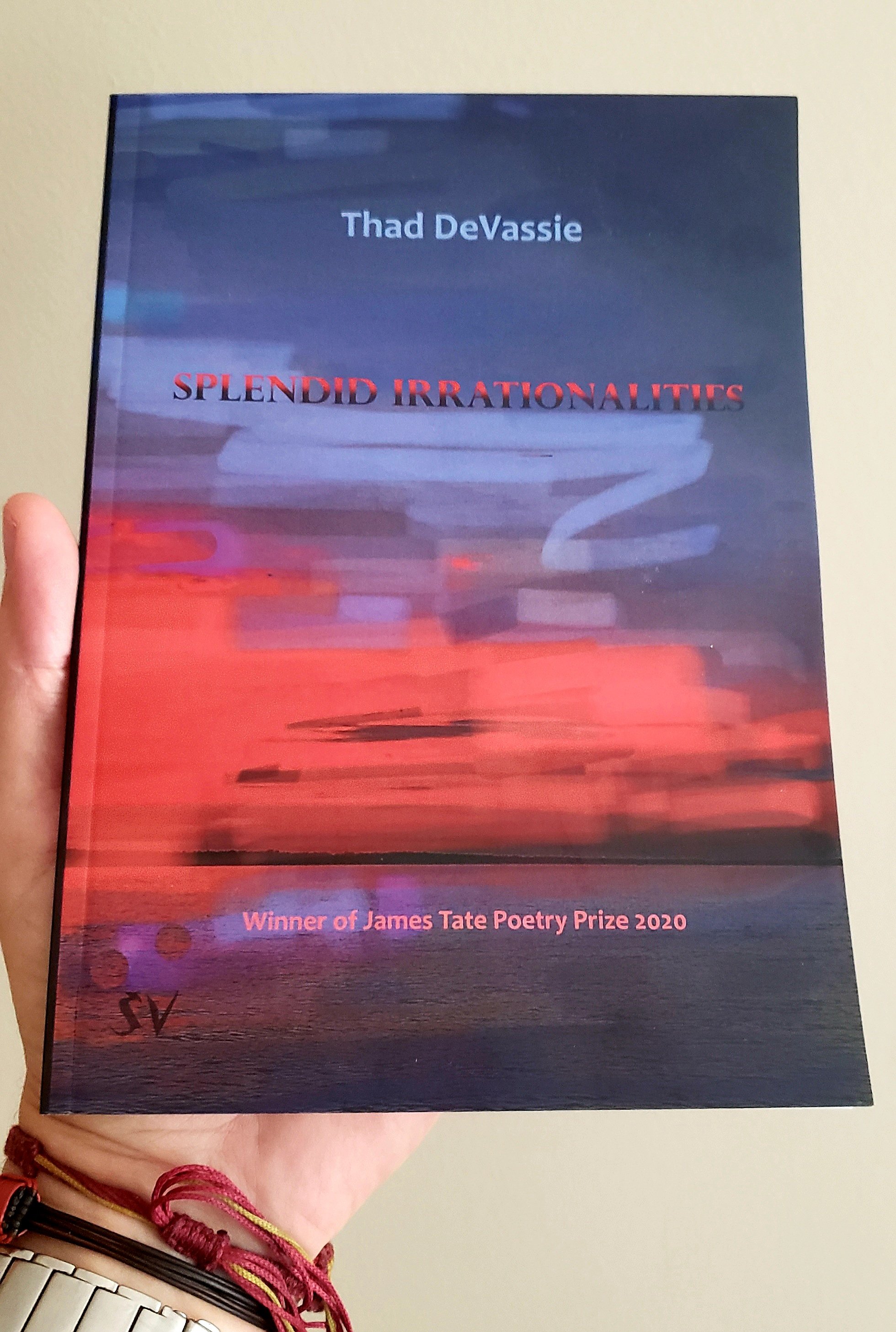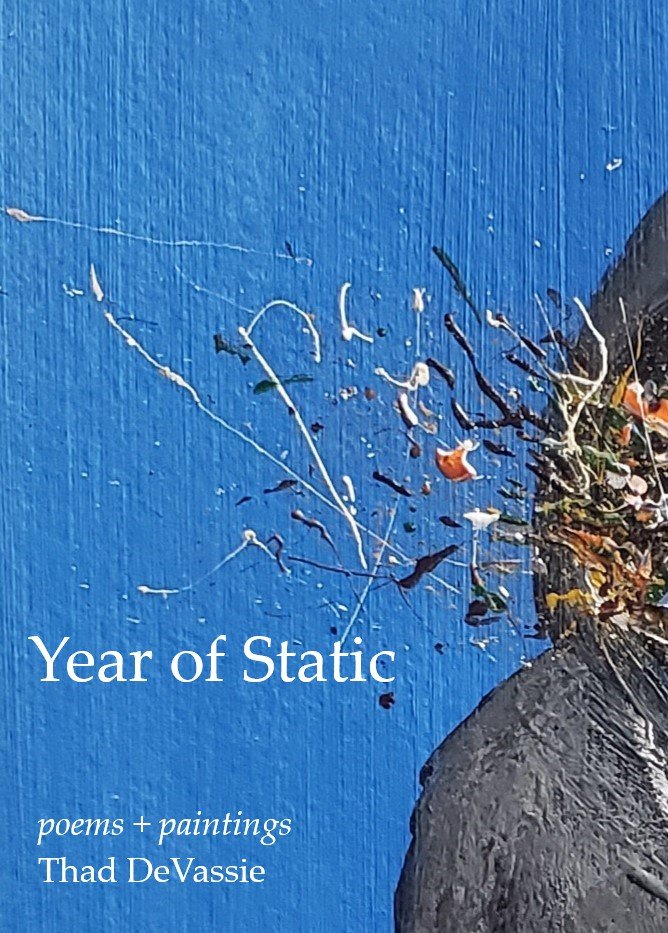Writing is a “what-have-you-produced-for-me-lately” endeavor.
Last week’s words are gone, buried in the feed-heap and trash bin of email boxes.
And then come the daunting words like clockwork — “What’s next? Where’s your copy?”
For writers, churning out “content” in emails, blogs, and social posts, might not feel like meaningful writing, as too often it is a disposable byproduct of the craft. So little of what gets written has staying power beyond the moment.
It’s enough to make some writers feel as though their words don’t matter.
I know that feeling. I also know it’s a lie.
In all my years of writing for clients, only a tiny portion of my work still exists in its original form. Writing for business and brands has always been about the new and next idea. It’s about pivoting and evolving and the requisite attraction needed to validate those ideas. Writers have to accept and embrace this reality, especially in an age where anyone — or trained AI — can string together words and sentences.
Everyone has the capability to write.
Writers don’t have unique access to a special skill.
But that doesn’t make writing easy.
Committed writers also understand that:
Good writing is hard.
Good writing (and editing) takes time.
Good writing often goes unnoticed or underappreciated.
Good writing might even take years to reach its audience as intended.
Good writing has potential to change/improve/elevate anything and everything.
The book(s) that almost never happened
This week, a small book of tiny stories I wrote finally came to life. My publisher accepted the manuscript in 2018 – nearly 6 years ago. A series of unexpected events prevented it from arriving sooner.
But that’s nothing compared to some of the pieces inside the front and back cover. In fact, the first piece was published 19 years ago – in 2004 through a university-based literary journal.
But it wasn’t merely content that was created. These pieces were not about marketing an idea and expecting unrealistic book sales.
It was about plumbing the depths of the human condition. Something that wasn’t disposable (something that, perhaps drives book sales over time).
That is what every writer wants to create — for themselves and for you.
My encouragement / challenge for you
If you work with, manage, or hire writers on your team — I encourage you to validate them and their effort to craft carefully chosen words. Writing can be a lonely, isolating craft. Without constructive criticism and positive feedback, writers can wither (this is equally true for all creatives, any employee).
If you know a writer — ask to read their words (it will mean the world to them, even if you don’t love what they wrote).
If you are a writer — keep writing. As writers, we stick with it because we are compelled to write. With that compulsion, that drive to get better, to resonate, and to say something in a way that only you can say it is both a gift and privilege. Give it all the time it needs, which also includes the slow arrival of validation.
Luckily for me, someone took notice of my words.
I mean, really noticed.
Not just metrics, or page visits, or eyeballs, or likes.
They read it, absorbed it — and it resonated.
(hint: that’s the winning formula for brands, too).
The Fruit of Encouragement
My publisher said — "I like this. This is good. It deserves a wider audience." (Thank you, Gloria Mindock). She validated the work decades after I began leaning into this writing life.
Unbeknownst to her, those words of acceptance and validation energized more creative work to come.
Between acceptance and the arrival of This Side of Utopia this week, I’ve had two other small books published, drafted another, and have multiple concepts in the works.
That validation was like tapping a gushing well of creativity.
(BONUS: she even chose one of my paintings for the cover art)
There’s a point where many writers are ready to give up — whether they’re working for brands or striving to get their words published by other means. And if their work is the kind of writing that simply pays the bills, their creative spark can fade to the point of simply churning more bland content to swim upstream toward a sea of sameness.
Without the encouragement to persevere, to play the long game, and to dig deeper…
too many great things go unwritten.
Chances are you have an exceptionally good writer in your orbit who is burning out, feeling hopeless, and wondering if their words matter.
Tell them that they do — and stick around to see what happens next (even if it takes a while).
***
And, if short, quirky stories* about navigating this life are your jam, you can find this little book online via Bookshop.org, Barnes & Noble, and Amazon. You can link to my writing/painting website to access each title.
*Yes, technically these are poems... written in accessible and understandable language in attempt to dispel what the modern reader thinks of poetry (e.g., poetry for people who don’t think they like poetry). In the age of shrinking attention spans, they just might be what's needed. Timing is everything.
Photo credit: Bethany Legg via unsplash






